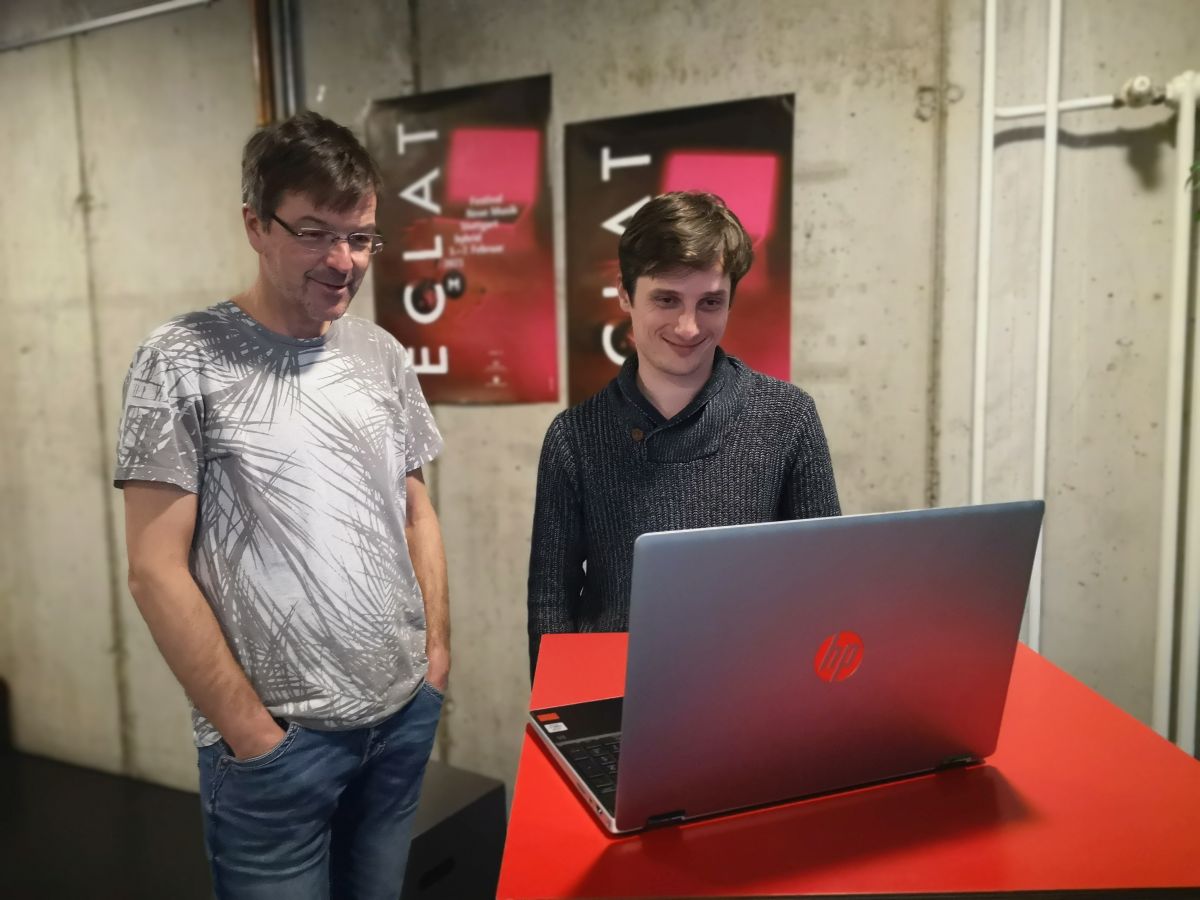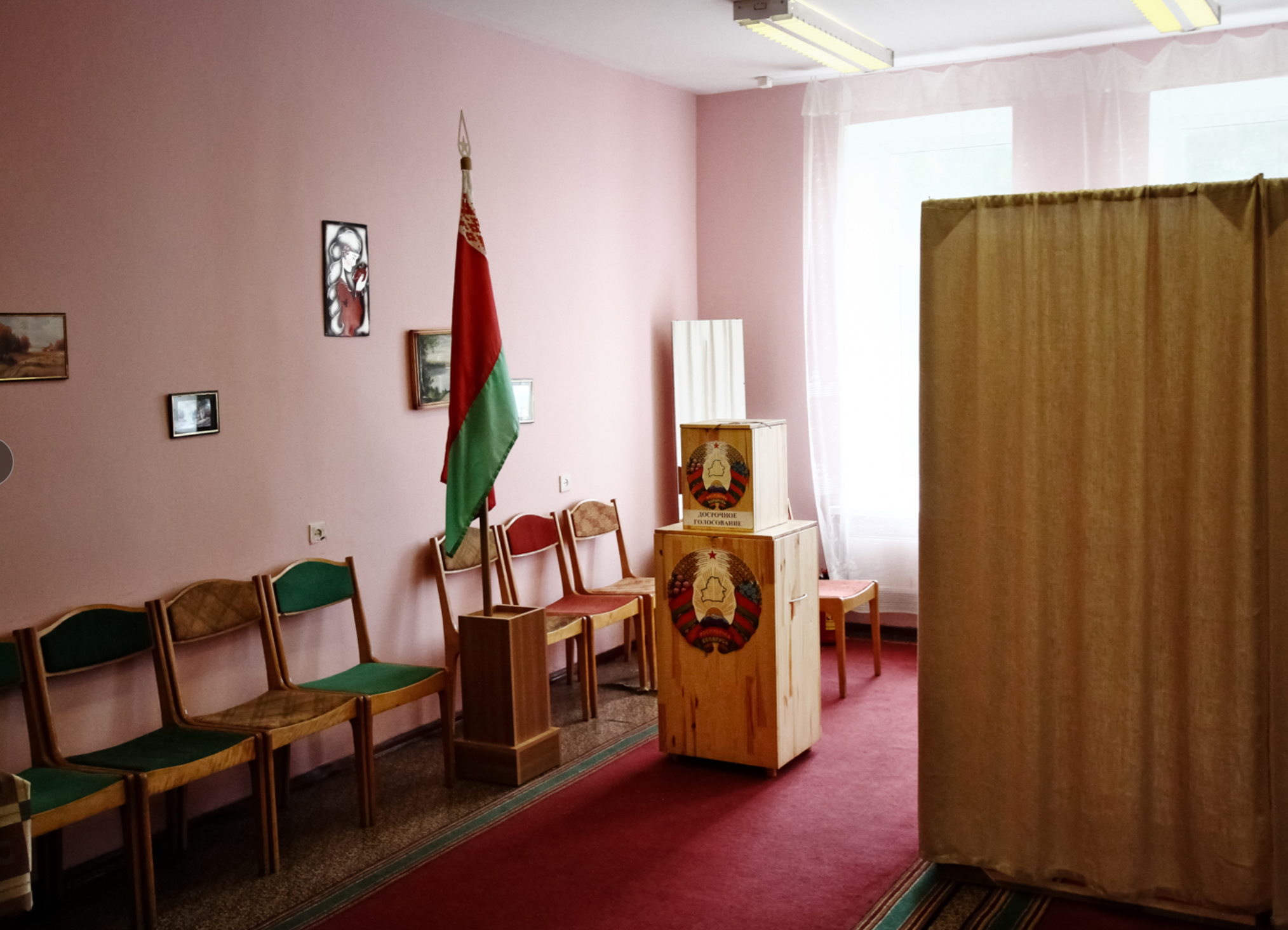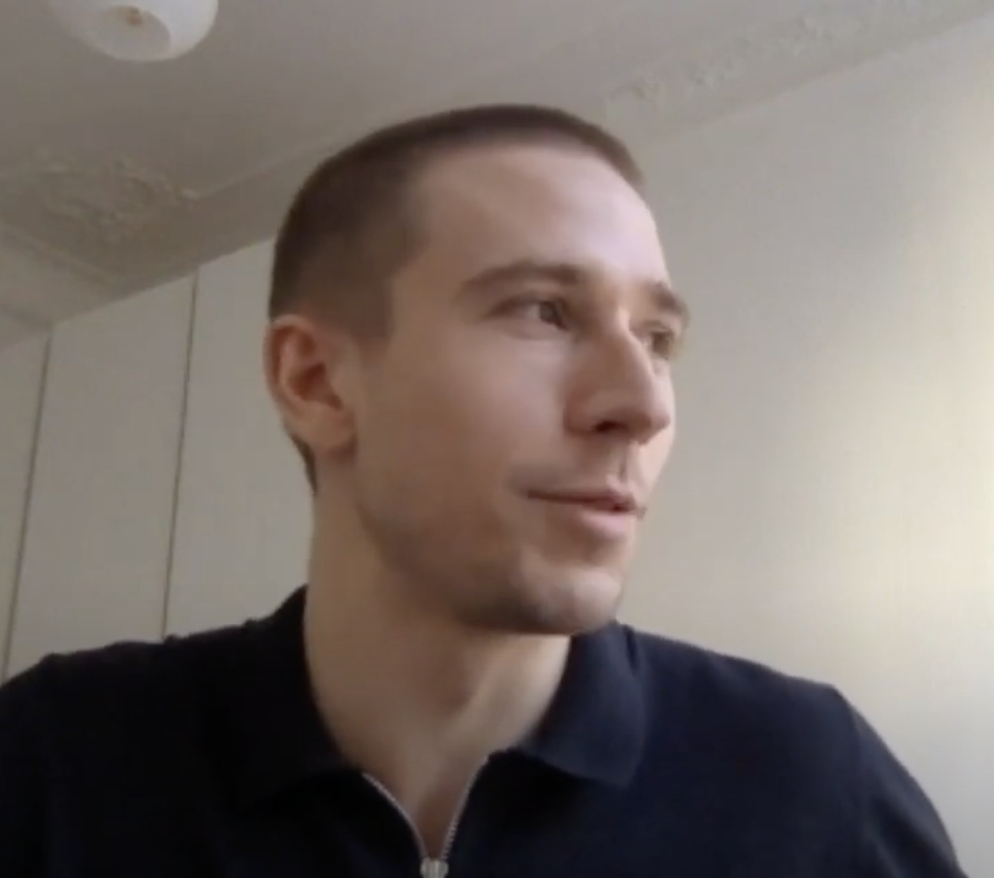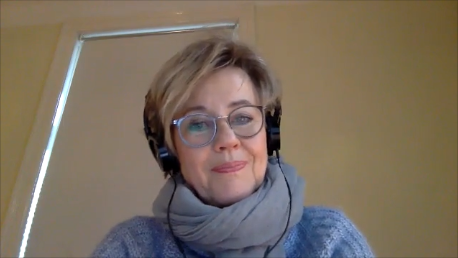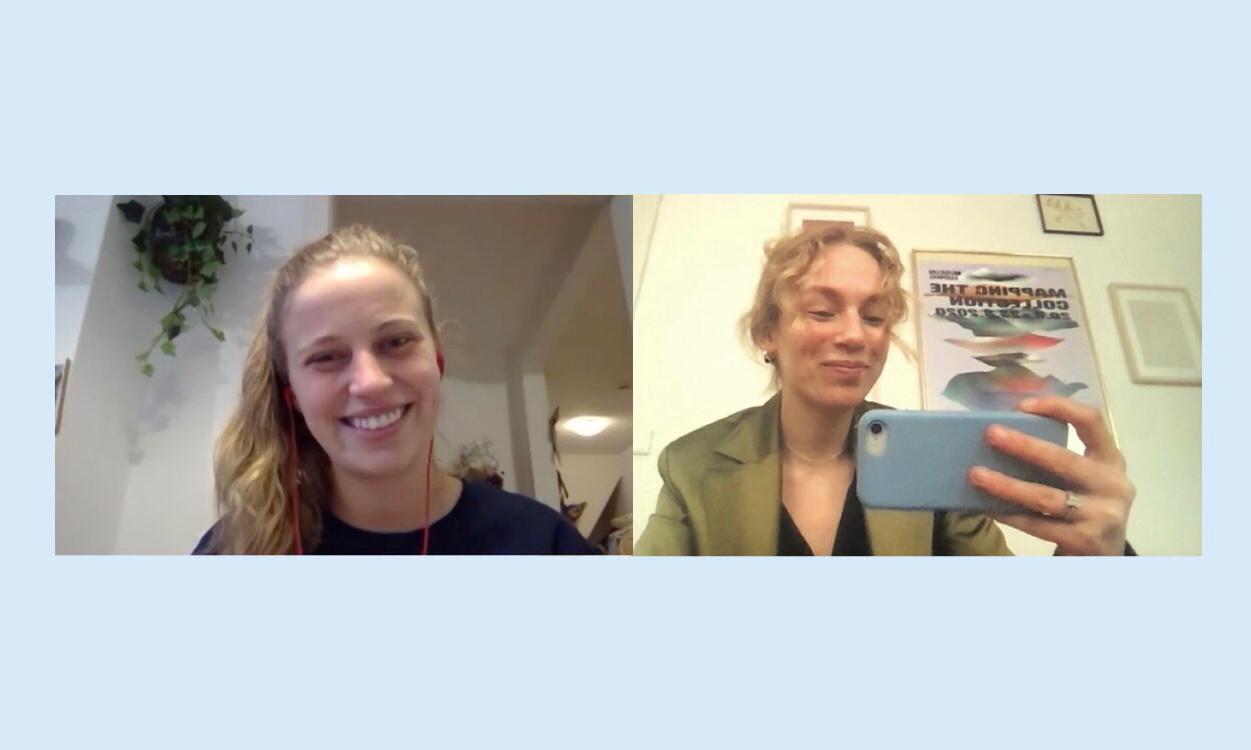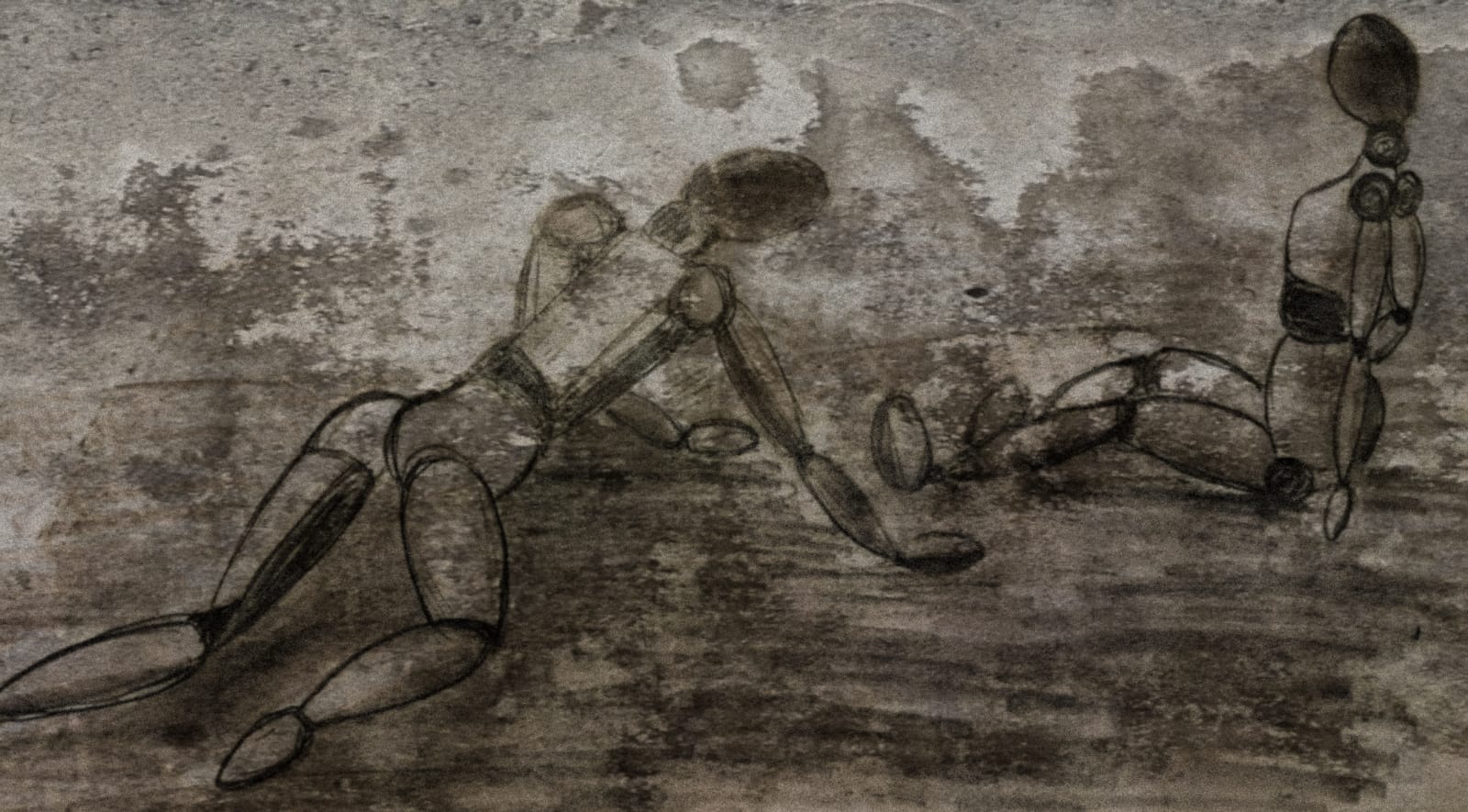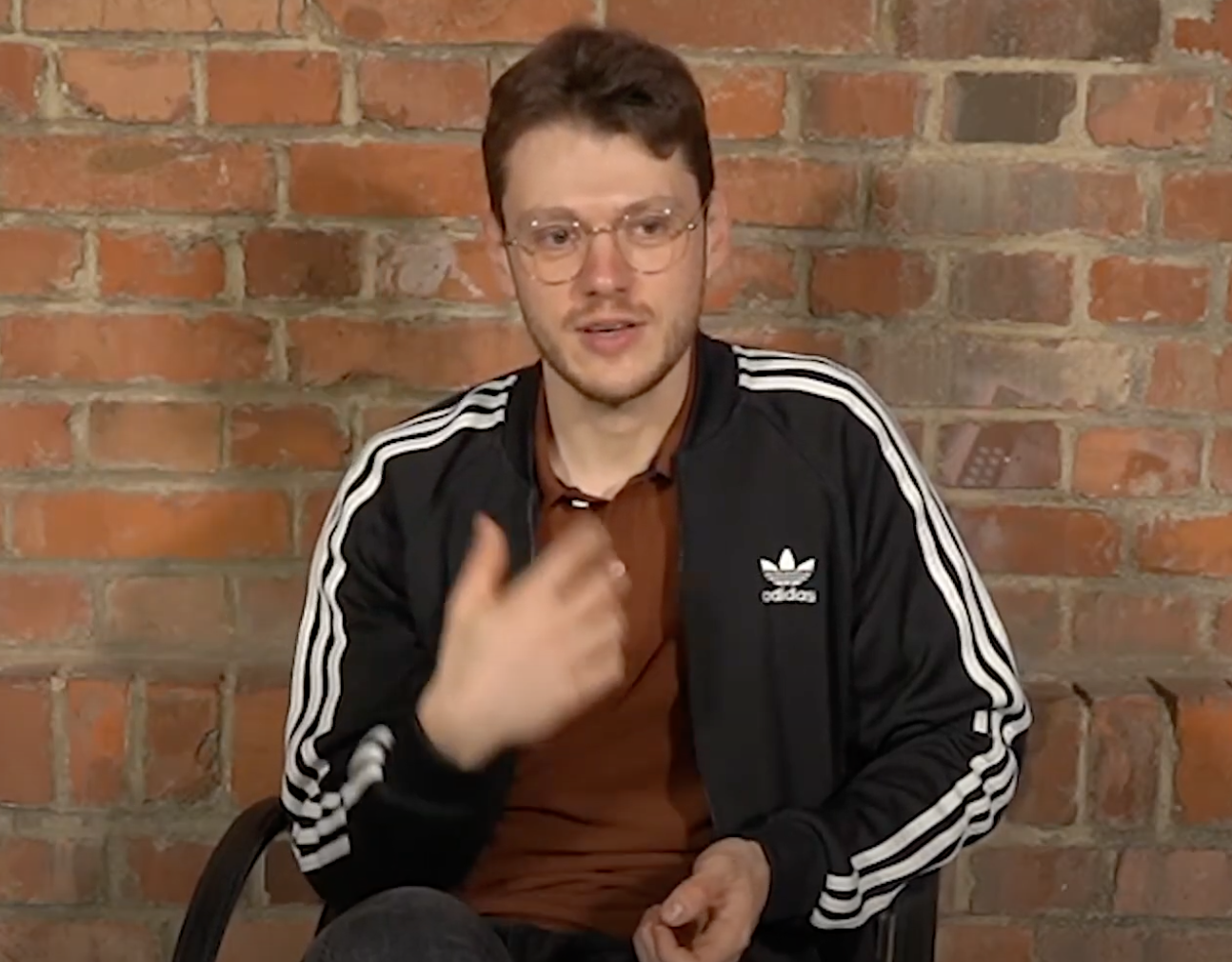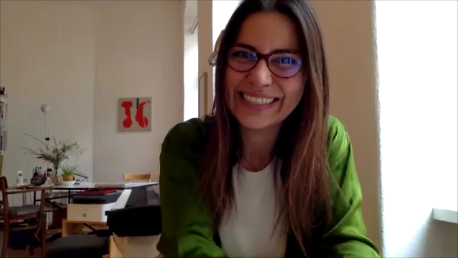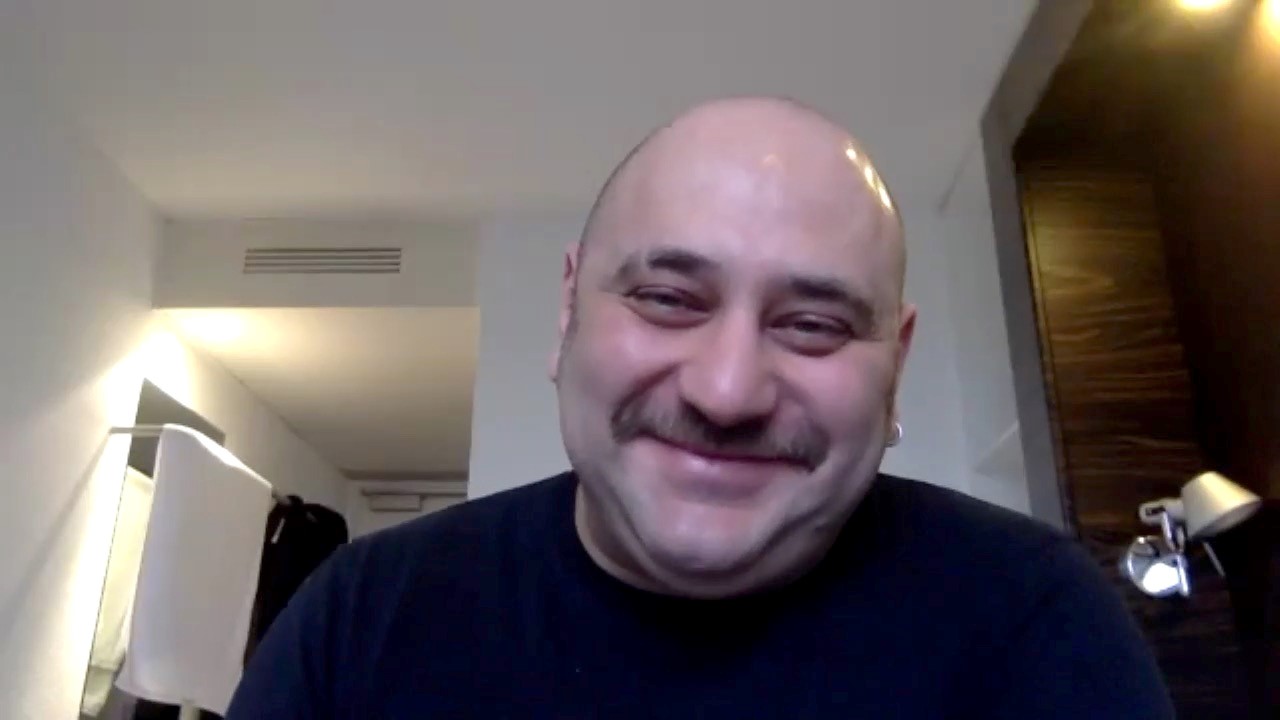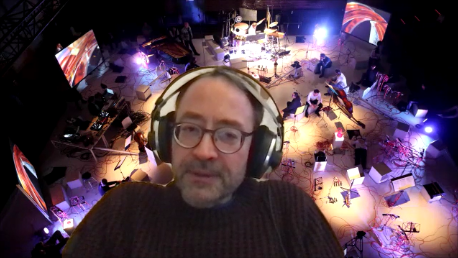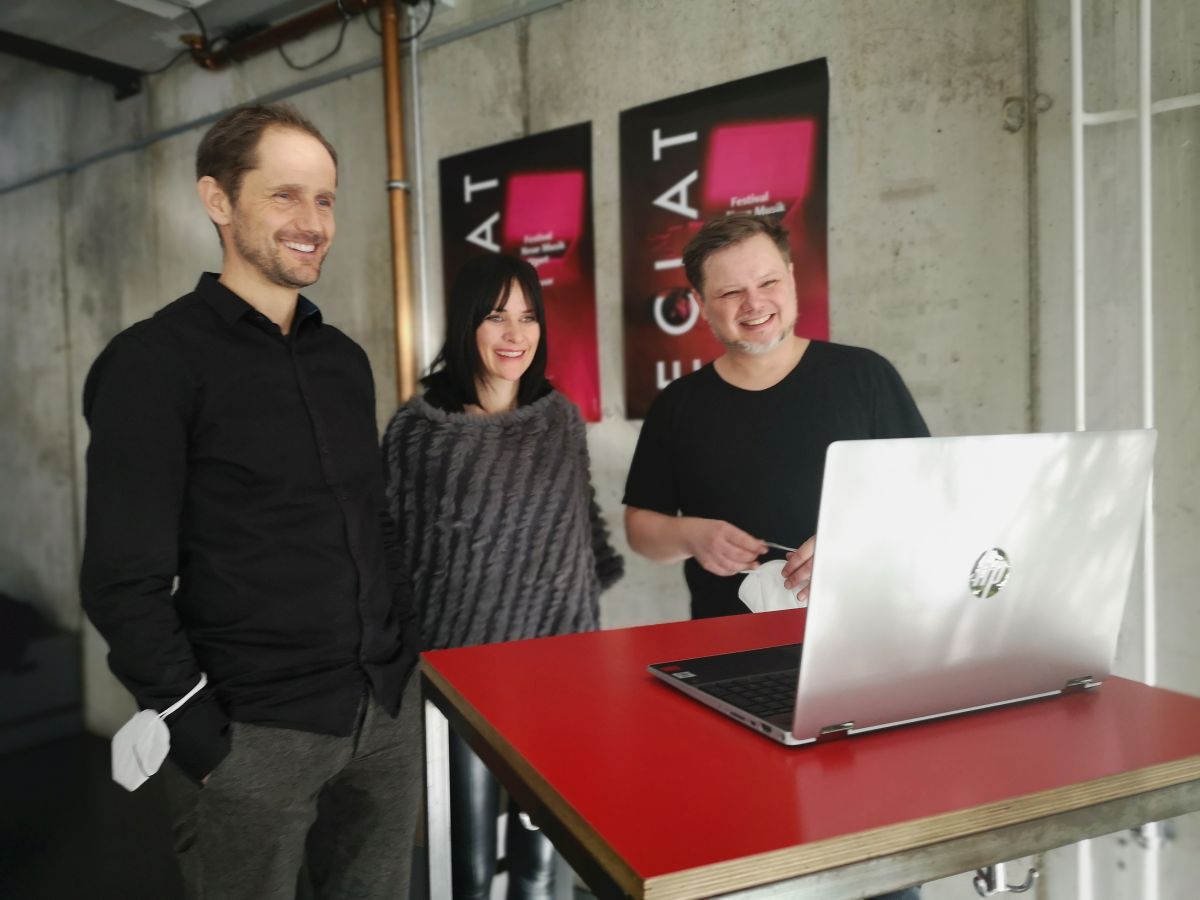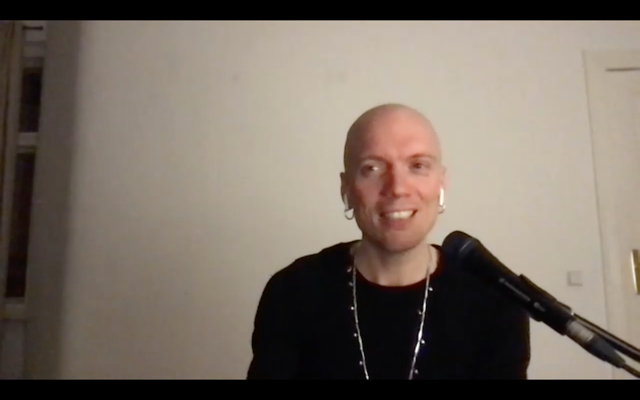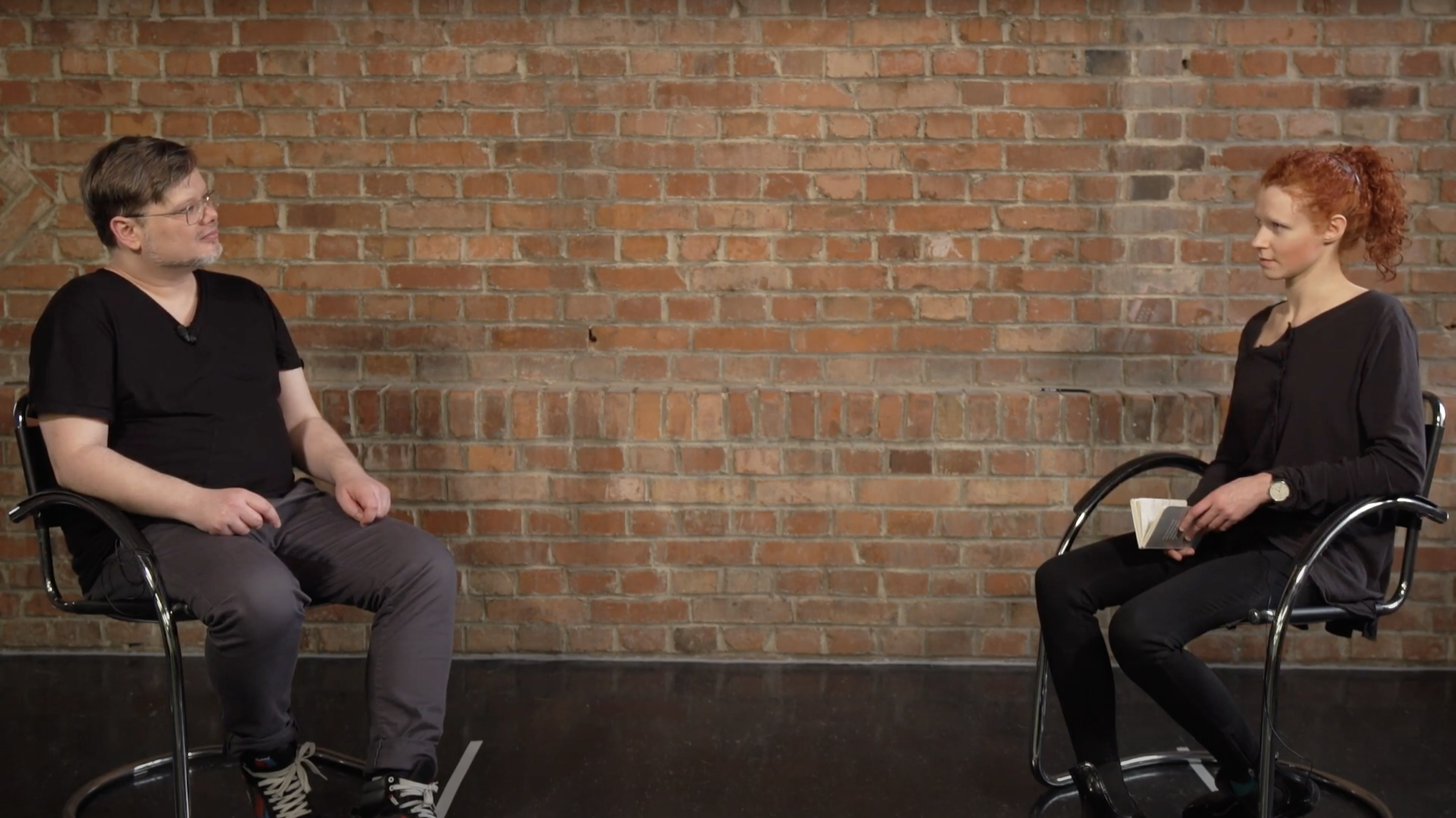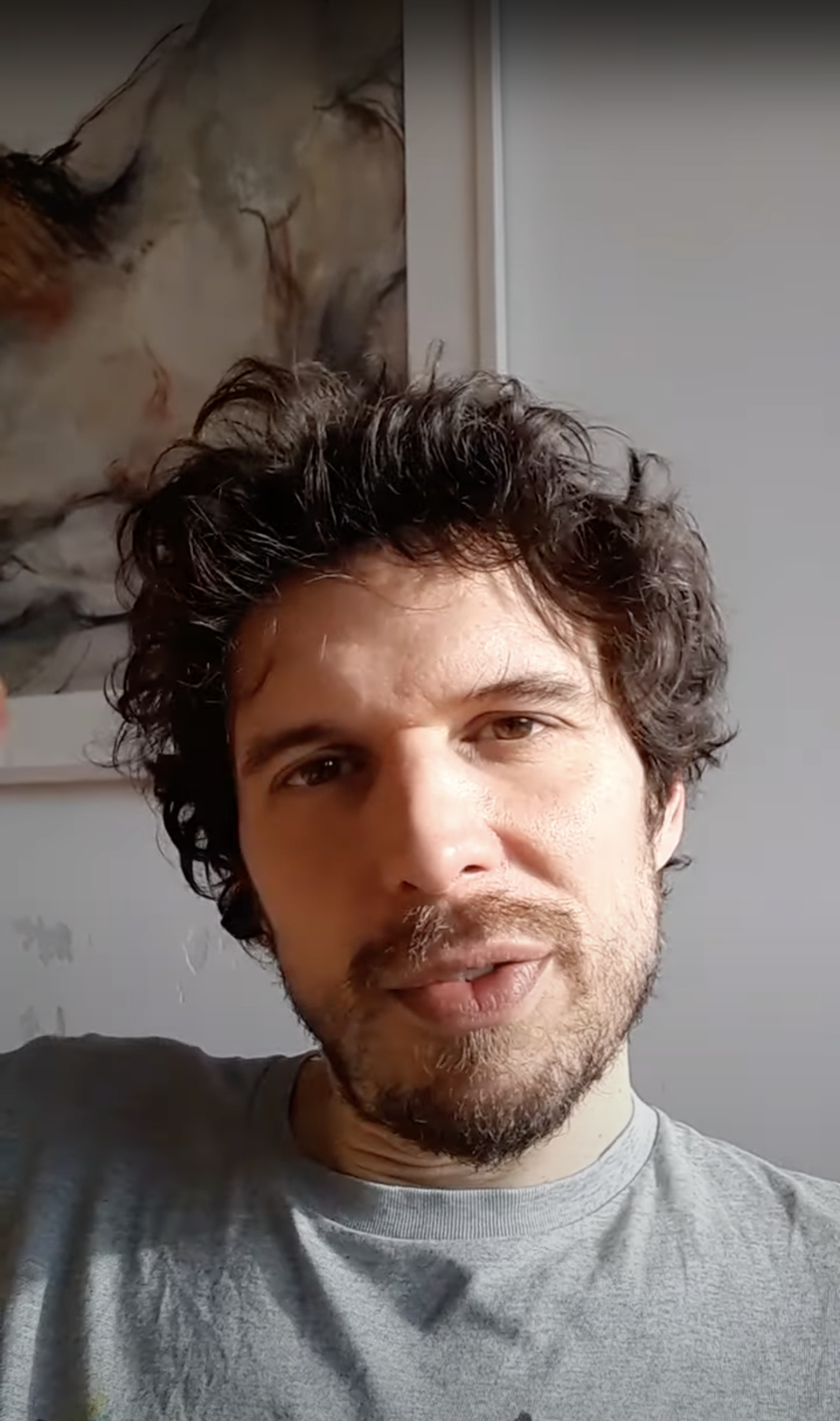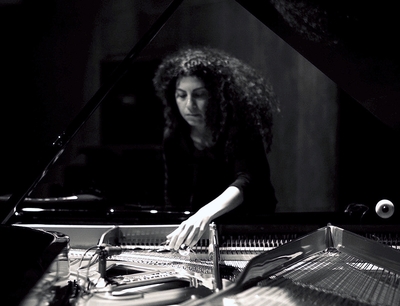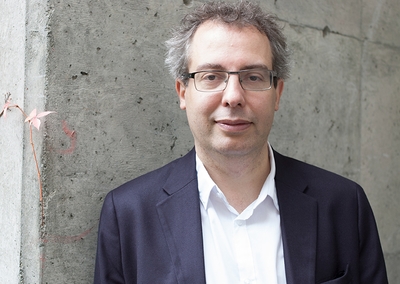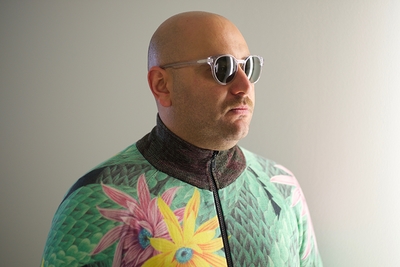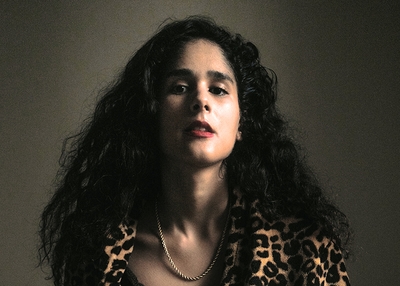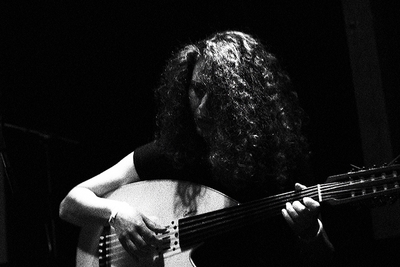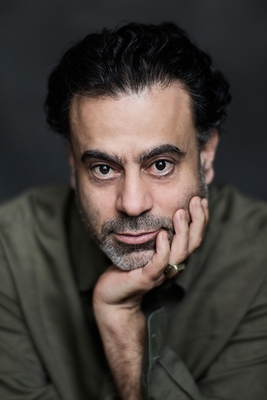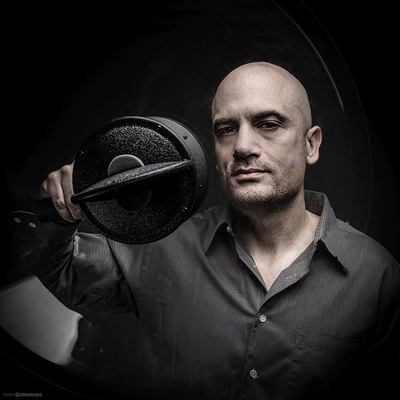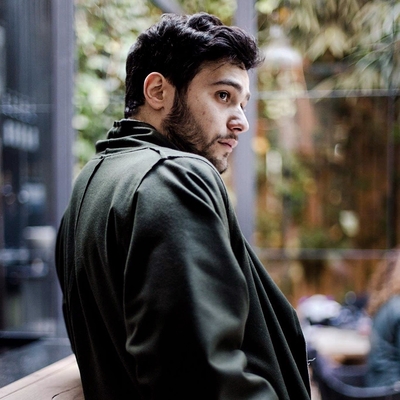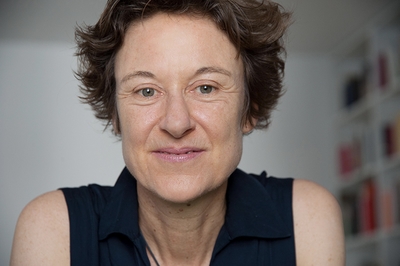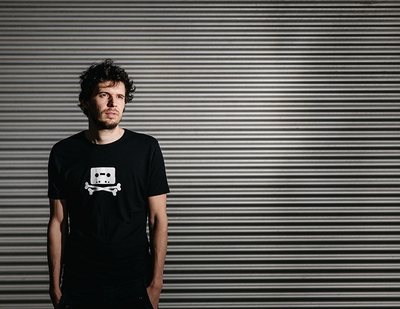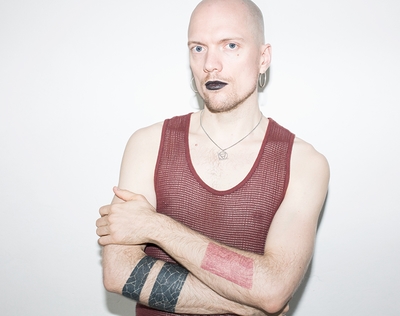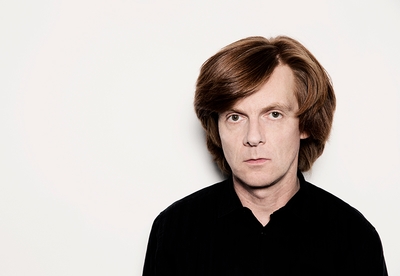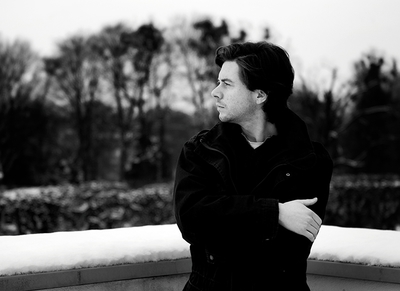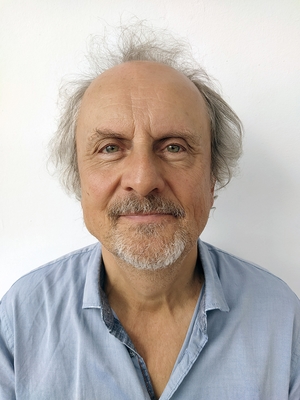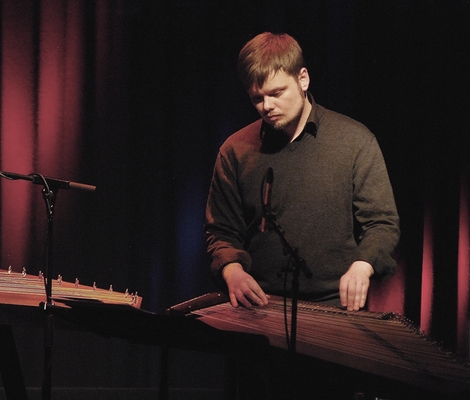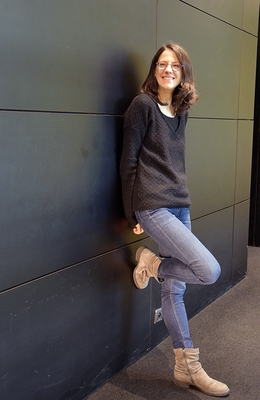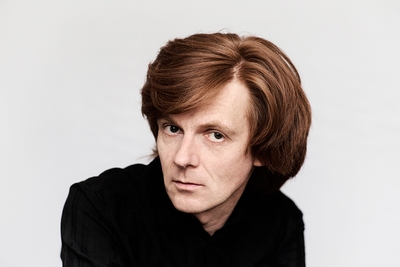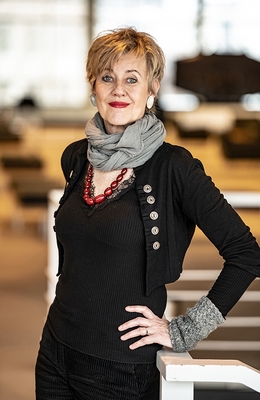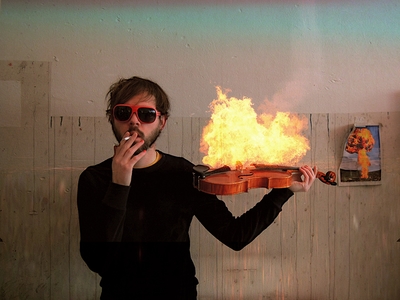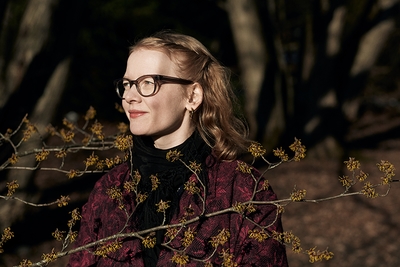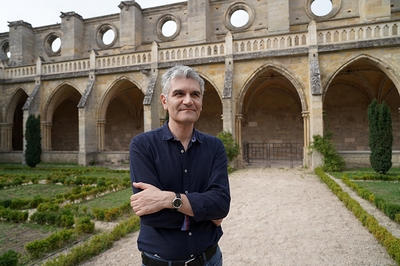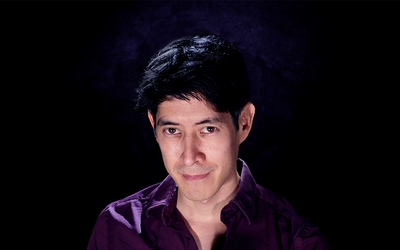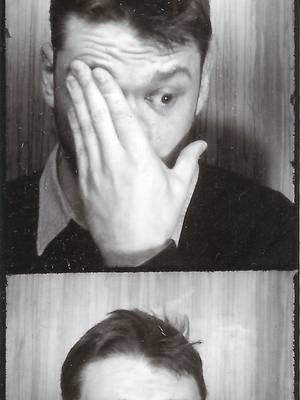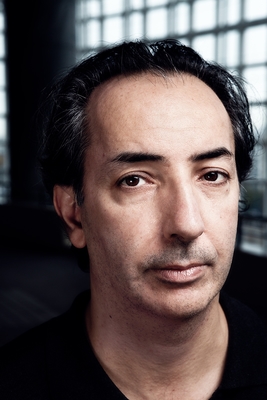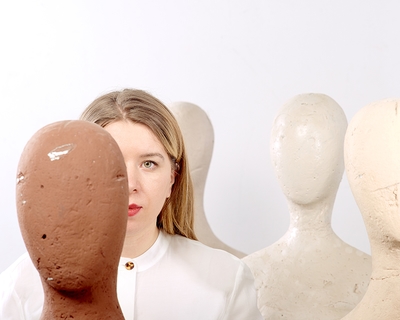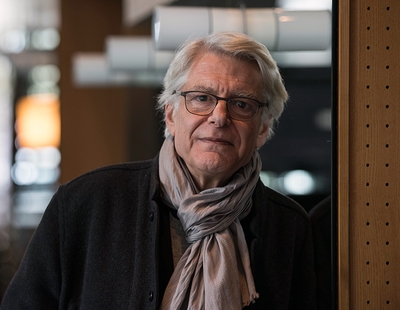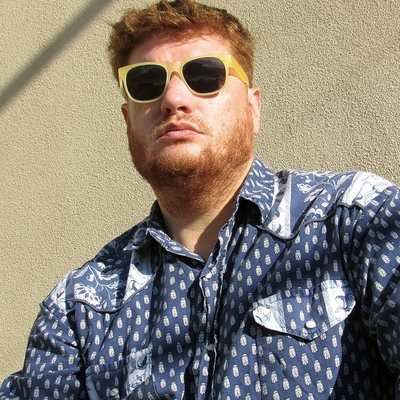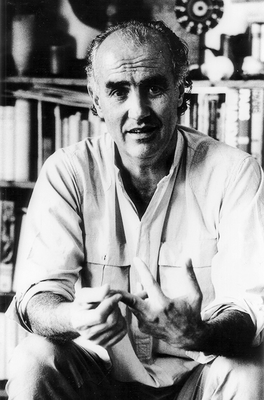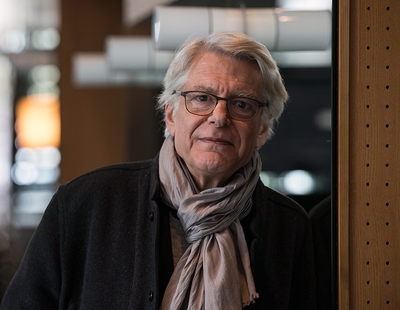Deutsch
„State of Exception" weist auf einen weiteren institutionellen Mythos über die Europäische Union und unser Leben hin, nämlich den des Ausnahmezustands: dies scheint der vorherrschende Zustand zu sein.
Wir fragen uns selbst:
Was ist normal? Was eine Ausnahme? Müssen wir die Dinge neu definieren? Ist es an der Zeit, die neuen Bedingungen zu benennen?
Der Vertrag der Europäischen Union basierte auf einem Ansatz/einer imaginären Konstruktion, die sich den Bund nicht nur als eine Union von Interessen vorstellte, sondern vielmehr als Ausdruck der sozialen Intention der westlichen Welt zu Schutz und Verbesserung der Conditio Humana, für ein zukünftiges Leben, in dem friedliche Tage des Wohlstands und des Fortschritts herrschen würden. Wo die Menschheit ihre Bedürfnisse befriedigen, Schwierigkeiten kollektiv bewältigen würde im Einklang mit der Schöpfung. Wo der Sinn des Lebens nicht das Überleben wäre.
Doch die Stabilität und Sicherheit scheint eine ferne „Utopie" zu sein.
Irgendetwas drängt ständig, etwas Dringendes, das wir bewältigen müssen, nicht nur politisch, sondern indem wir die eigenen Freiheits- und Menschenrechte in Frage stellen.
Der Alltag scheint als permanenter Ausnahmezustand betrachtet zu werden.
Statt über die Sonne und die Sterne zu reden, statt Mythen und neue Narrative für die Welt zu bauen, beschäftigen wir uns zunehmend mit dem Überleben und seinen Schwierigkeiten. Wir befinden uns in einem ständigen Ausnahmezustand. Ständig werden wir von der politischen Macht aufgefordert, „den Gürtel enger zu schnallen", „geduldig zu sein".
Mit diesem Stück wollen wir zeigen, dass die Probleme lebendig und aktiv bleiben, eingebettet in die Mehrdeutigkeit des Begriffs selbst und unsere Aufgabe, uns diese Frage ständig neu zu stellen: „Wie leben wir zusammen in dieser Welt?“ (Manolis Manousakis)
English
"State of Exception" suggests another institutional myth about the European Union and our lives, that of the state of exception: it seems to be the dominant condition.
We ask ourselves:
What is normal? What an exception? Shall we have to redefine things? Is it time to nominate the new conditions?
The Treaty of European Union was based on an approach/imaginary construction, envisioning European Union not only as a union of interests, but rather expressing the social intention of the Western world for the protection and improvement of the Human Condition, for a future life where peaceful days of prosperity and progress would reign. Where humankind would satisfy its needs, would collectively face difficulties, and so would move on to Creation. Where the meaning of life would not be the survival.
However, the stability and security seems to be a distanced “utopia”.
Something urges all the time, something urgent we have to manage, not only in a political way, but by challenging people's own freedom / rights.
Everyday life seems to be considered as a permanent state of emergency.
Instead of talking about the sun and the stars, instead of building myths and new narratives for the world, we are increasingly dealing with survival and its difficulties. We find ourselves in a constant state of emergency. We are constantly be encouraged by political power to “tighten the belt”, to “be patient”.
Through this piece we aim at showing that the problems remain alive and active, embedded in the ambiguities of the term itself and our task to renegotiate constantly with the question “How to live together in this world”. (Manolis Manousakis)

